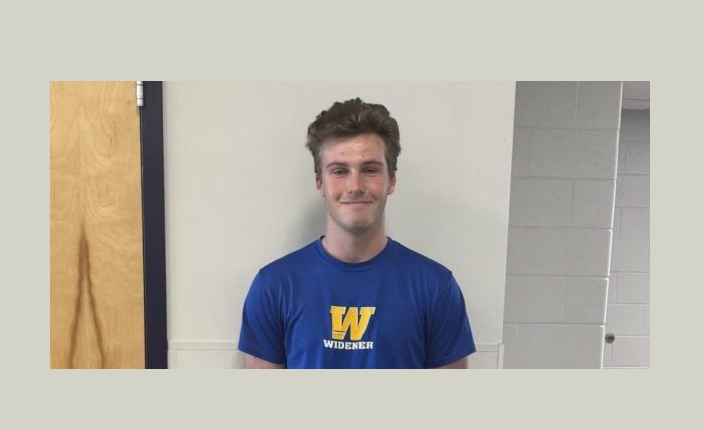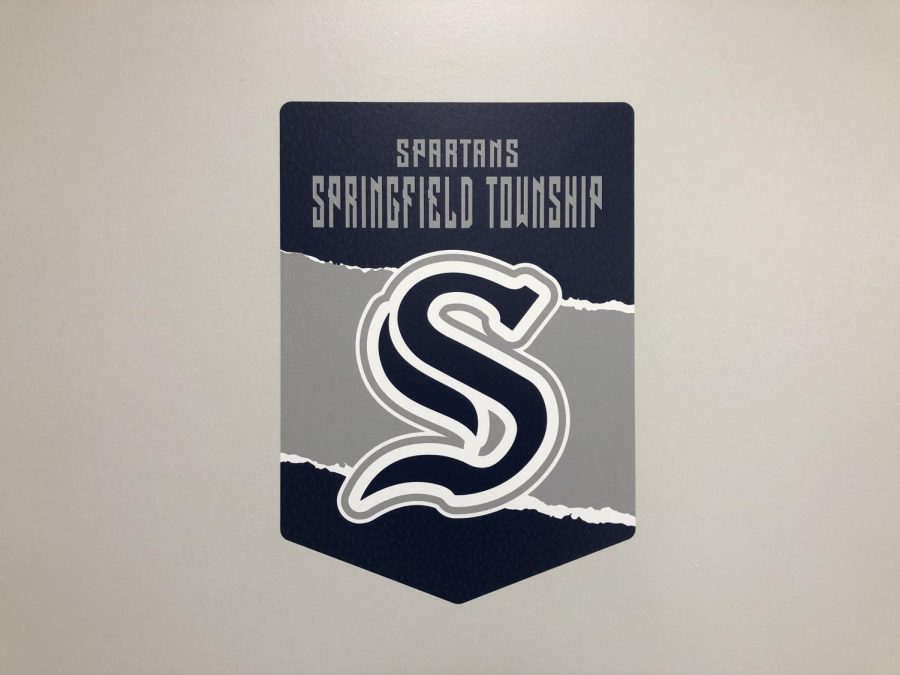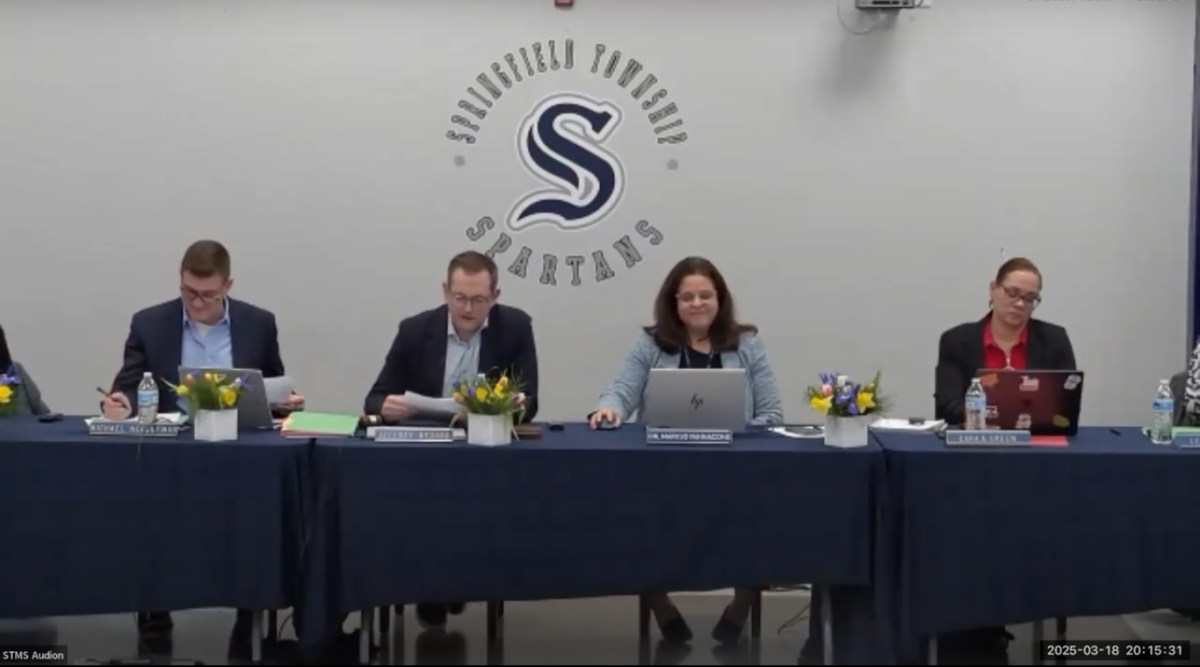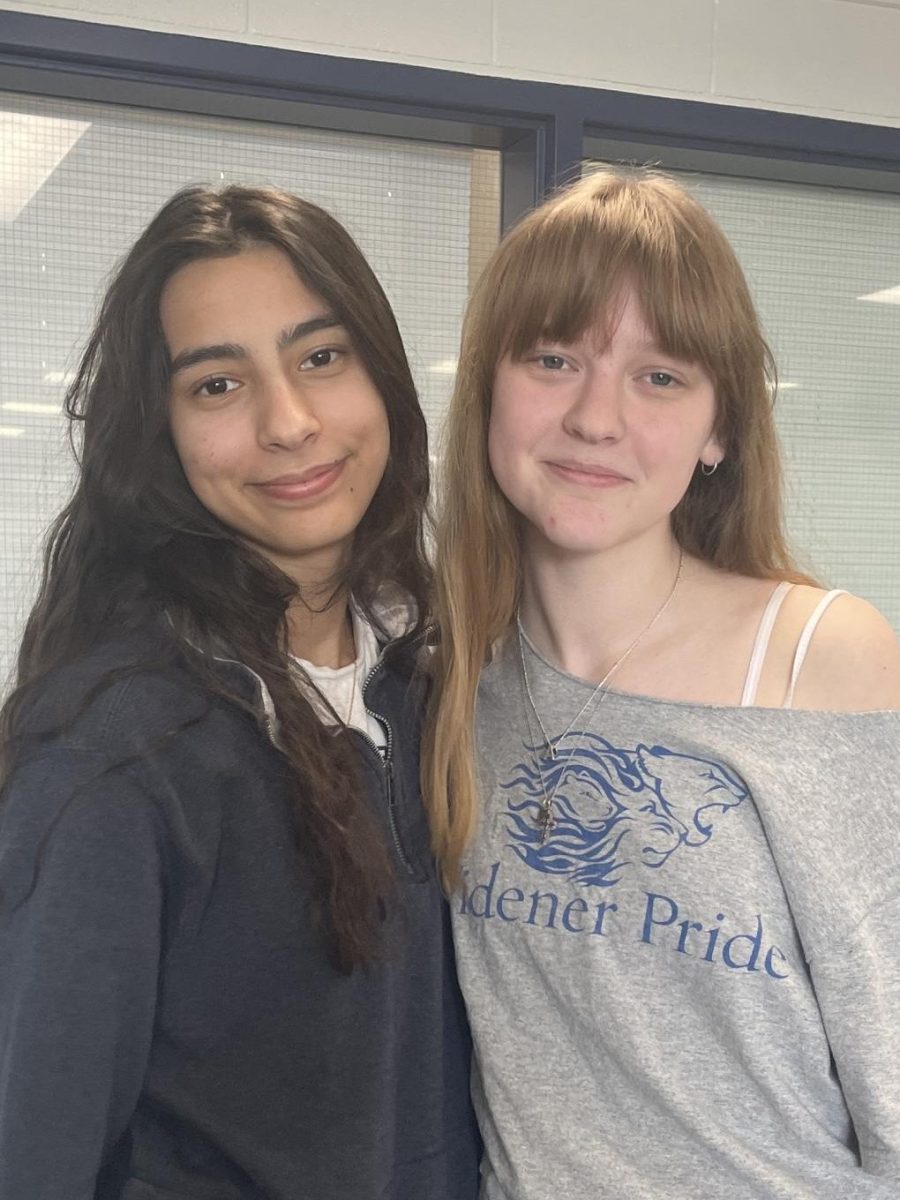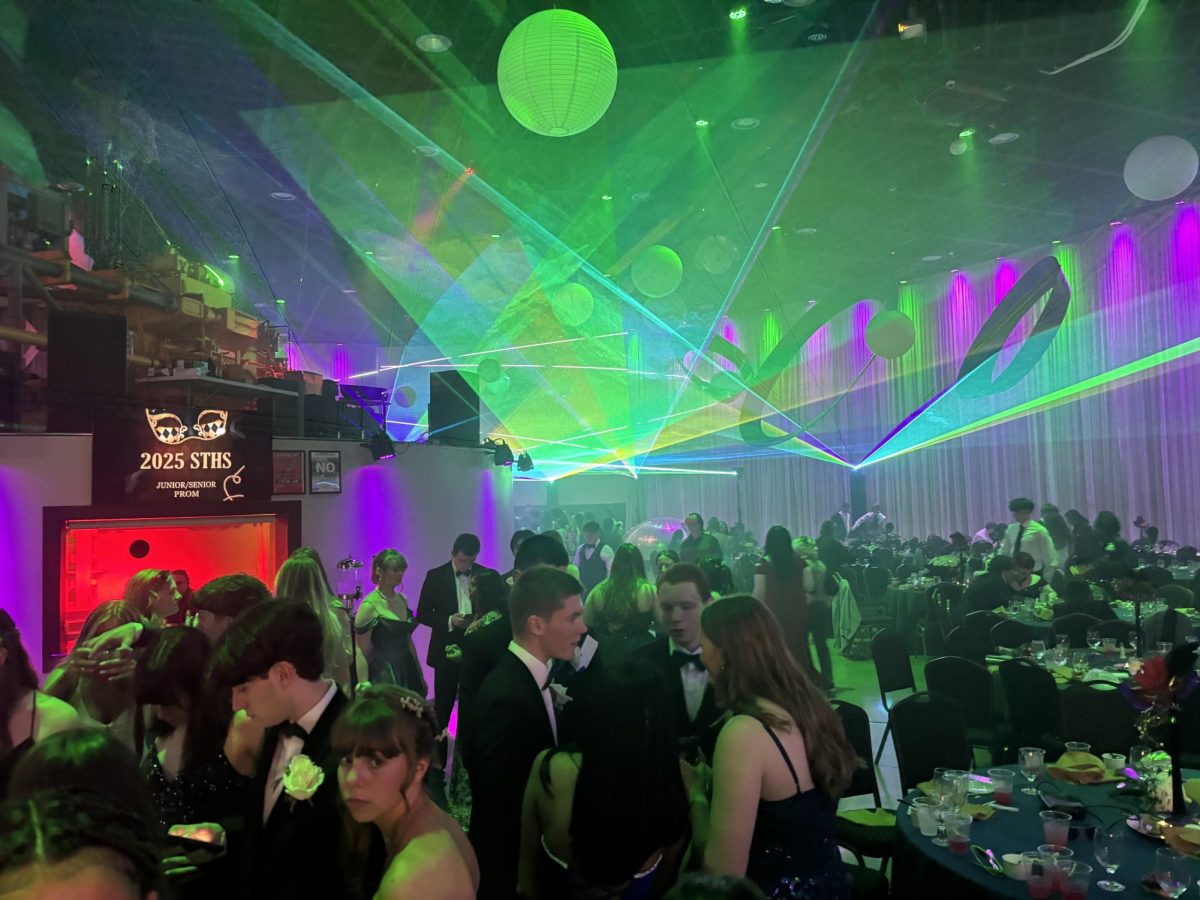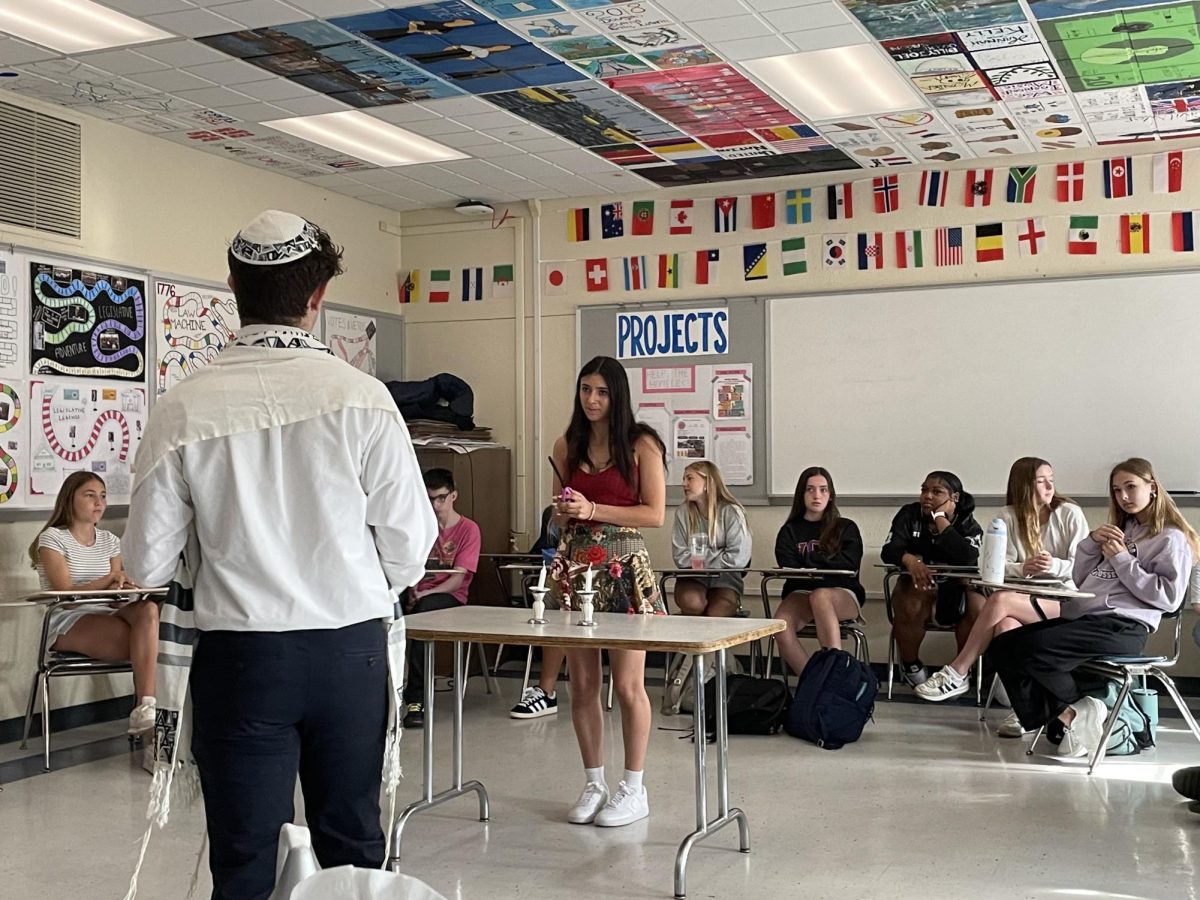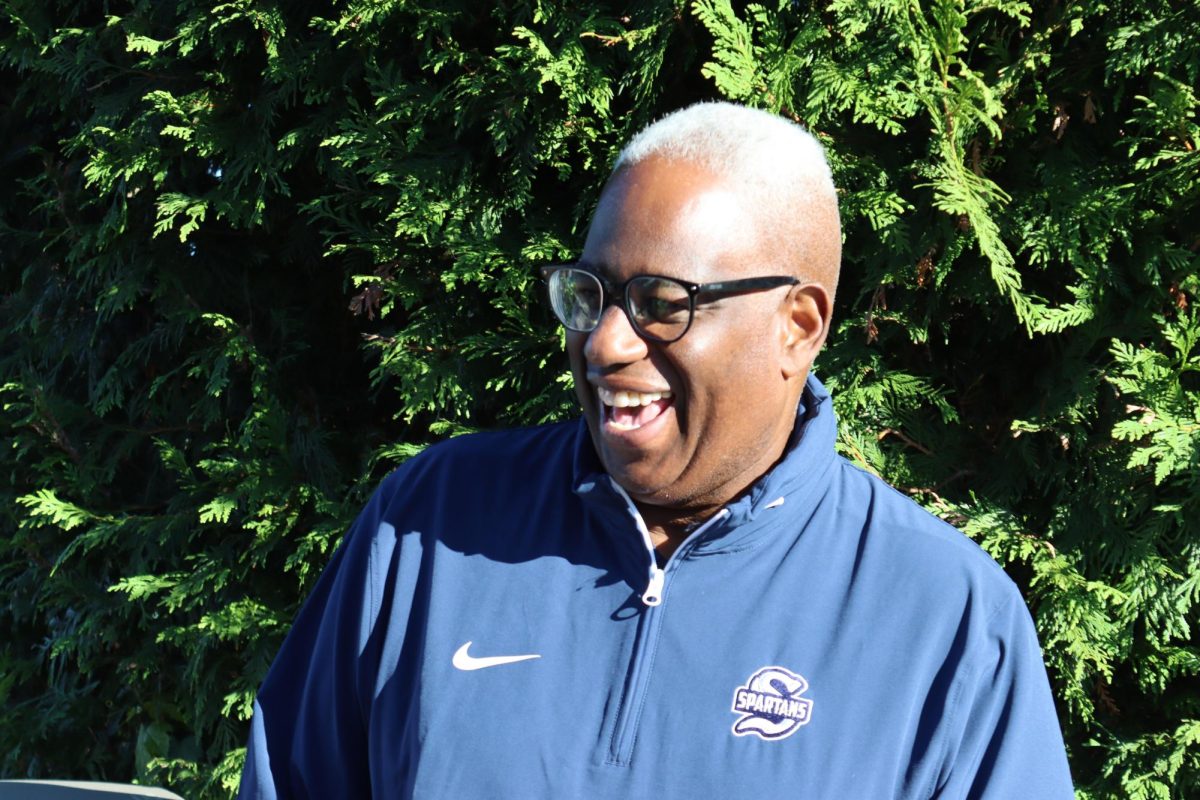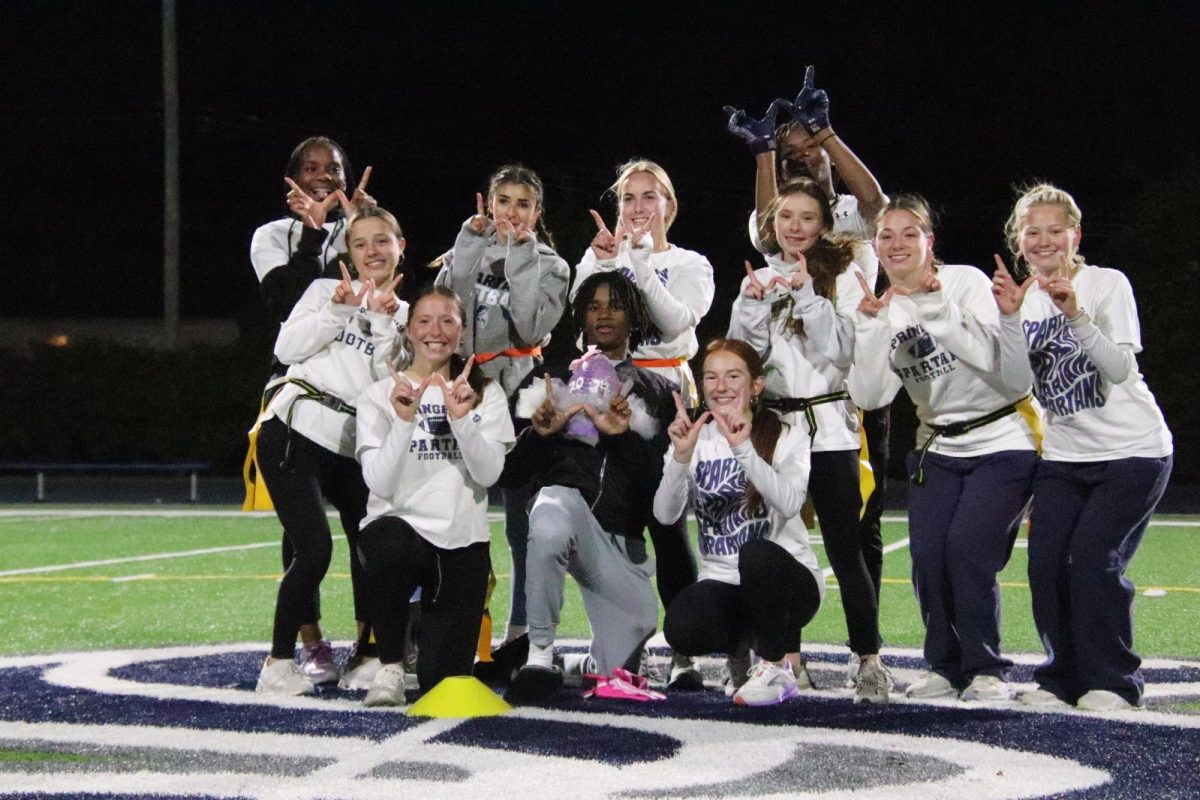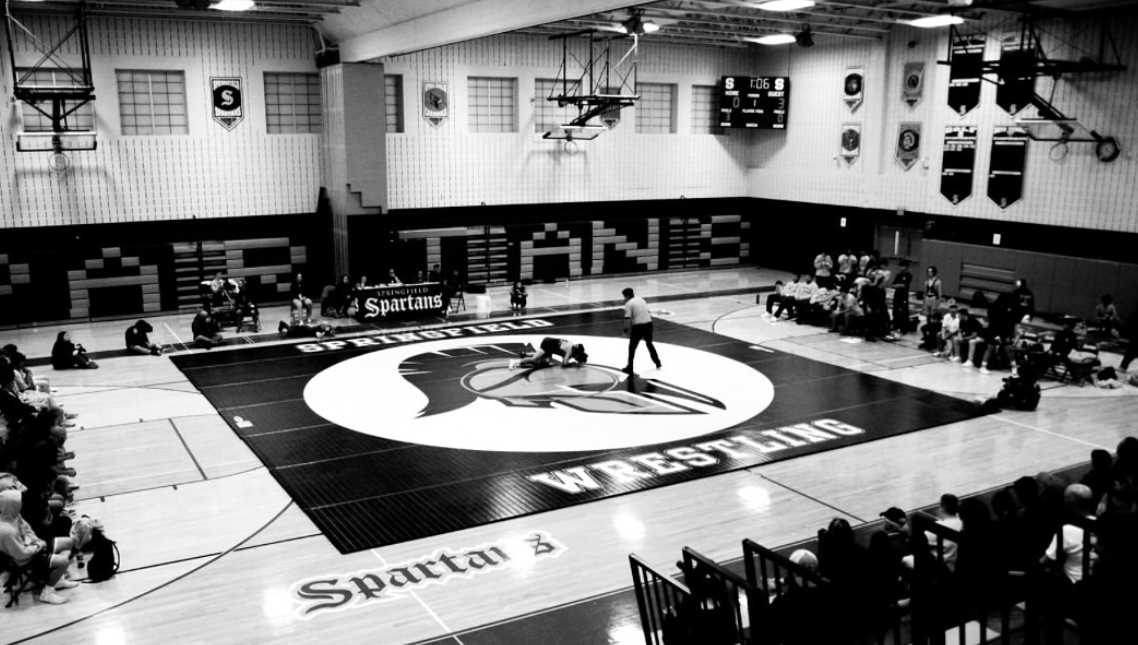The Transition Pathways Programs, run throughout the entire school year, benefit both students and faculty and provide numerous opportunities for the students to develop the skills they need to transition to life outside of high school. To support special education students as they plan and set goals for their future, the Transition Program at STHS is split into two main steps based on age (14 to 18 years old and 18 to 22 years old). As students get older within the program, their learning begins to put an emphasis on work, starting with programs within the high school and eventually in the greater Springfield Township community.
School-Based Learning Initiatives
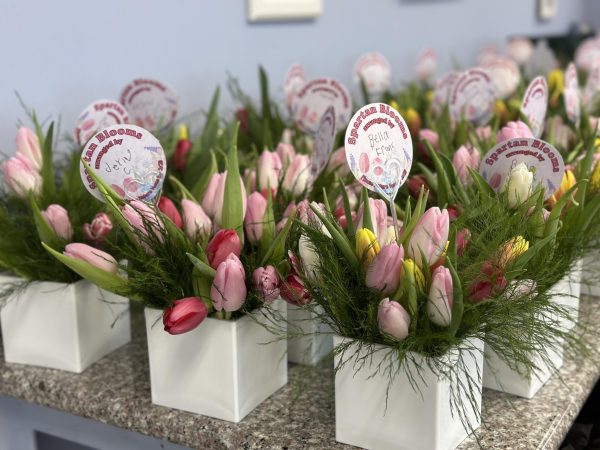
One such school-based program is Spartan Blooms, a program that delivers flowers to teachers all around the building, hoping that these bunches of blossoms will bring joy to the recipients.
Maddie Williams, a participant, says that she and a group of students go to “Couple Flowers, where they teach us how to create the flower arrangements” that are later given out.
“For Spartan Blooms, we offer staff a flower subscription bundle or a “pay as you go” option. Students learn a new skill and spread some joy,” says Mrs. Proto, the Transition Coordinator of the Transition Pathways Program.
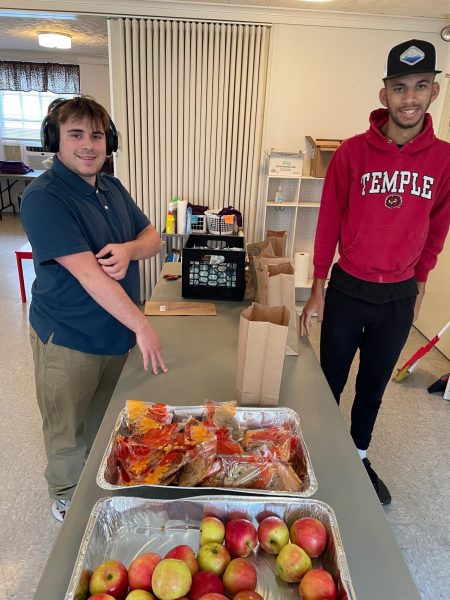
Other programs include but aren’t limited to Spartan Snacks, Elf on the Shelf, Spartan Copies, the Spring Rejuvenation Box, and Halloween Candy Delivery.
Warren Sharpe plays a big role in many of these programs. He shops for all the snacks available for purchase and participates in the printing program along with other projects. Sharpe says that “it’s really fun” and that he loves “being at school.”
Through these programs, students are able to raise money, develop strong business and social skills, and learn the importance of various characteristics and assets in the world outside of school.
Mrs. Proto notes that “these programs create hands-on jobs where students get to practice skills and experience different jobs” and that strong work skills play an important part in someone’s day-to-day life and can lead to the development of other characteristics necessary for success.
Work-Based Learning Programs
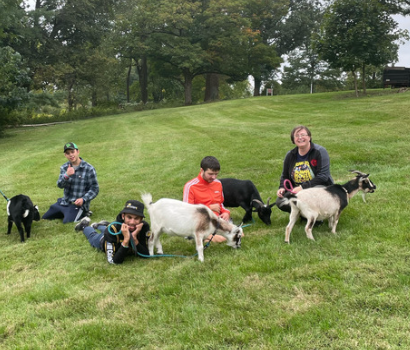
Work-based learning Programs, or WBL, are another part of the transition process in which Springfield students work in park-time jobs around the community at businesses like Fox Chase Farms, Horsham Restore, Boscov’s Plymouth Meeting, George’s Market, and Normandy Farms Hotel.
Warren says that he spends “a lot of time doing things outside of school.” He and many of the older students are “rarely in the building” and spend most of their time participating in various activities around the community,” said Mrs. Proto.
Many Springfield students visit the Highlands Farm where Sharpe says that they “got to walk goats” in the winter, as well as helping out with cleaning and setting up for weddings in the spring.
Warren Sharpe also got to spend a lot of time at Urban Air the past few months where he got to “walk around and learn how everything works.”
Maddie Williams spends the majority of her time at the Ambler hair salon Gravity, where she learns to “fold towels, wash people’s hair and other tasks within the salon.” Next year, she will participate in a full-time internship at a similar salon, where she’ll pursue her dreams of working in cosmetology.
Mrs. Proto says,” We are very fortunate to have a supportive community within our school buildings and local community,” which makes all of these amazing experiences possible.
Transitioning
Mrs. Proto, who supports the transition planning for students and their families, says that “students in the post-secondary education time here at Springfield are…working on their transition plan in terms of the future and what they want to do.”
Every single program that these students take part in helps them prepare for their life beyond school and gives them the knowledge and work ethic needed to be successful. These initiatives are a testament to the students and special education department’s hard work and diligence. These programs create a positive school environment and truly, Springfield wouldn’t be what it is without these wonderful students and staff.

